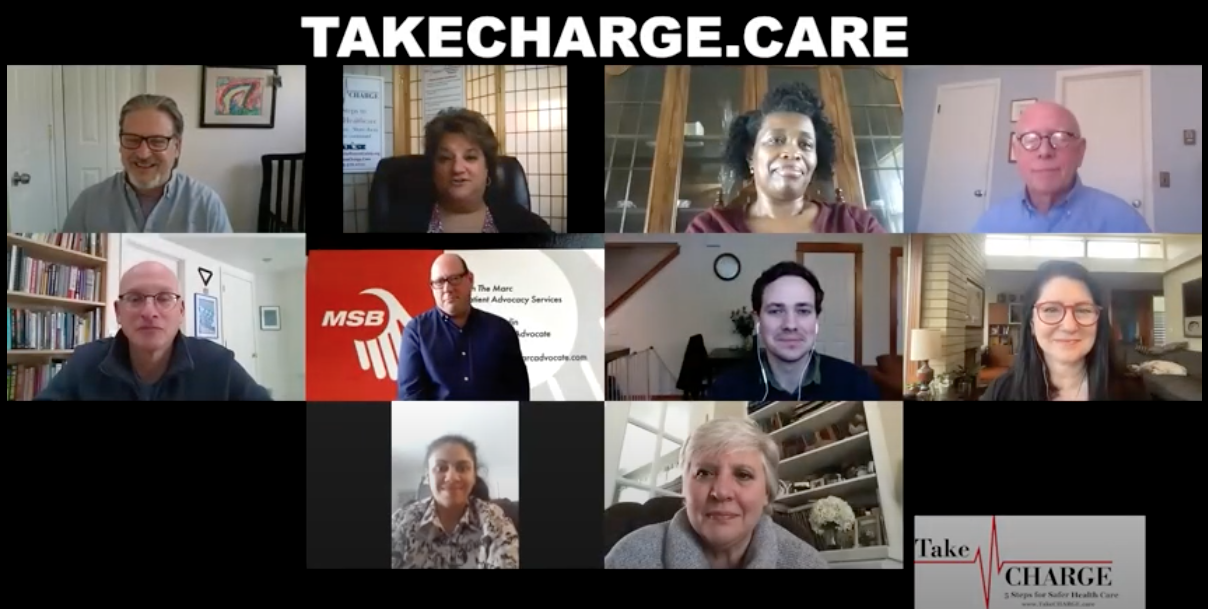By Ilene Corina, BCPA | Pulse Center for Patient Safety Education & Advocacy
Sitting with a patient at her bedside waiting for her operation, I watched the nurses scramble around to each patient preparing each of them for surgery. They took blood pressure and asked questions and some were speaking softly, helping them each to relax. Having no clinical training, I knew how little I know about what they do and how much we, the patients and family members, must trust the people working these machines and preparing to do surgery or even diagnose a problem. Similarly, each time we get into a cab or fly in a plane there is trust that we will be safe. Life is full of trust. In healthcare, there are so many opportunities for error that medical errors are a leading cause of death in the country.
What trust is broken, even for a moment. Our cab driver gets distracted for a moment changing the radio station, or the sun is in his eyes. The nurse can grab the wrong medication or write down the wrong information in our chart. Neither of these are criminal offenses but they can injure or kill us or someone we care about.
Especially lately when healthcare providers are overworked, people are being brought into the hospital with a deadly contagious disease that is in need of attention, there are things that we, the public, can do to help to relieve some of the burden. TakeCHARGE: 5 Steps to Safer Health Care is a campaign to encourage people to be well-prepared patients, responsible for their safety.
Marissa Abram, a Psychiatric Nurse Practitioner and Assistant Professor at a Long Island university, and Board Chair of Pulse CPSEA, agrees that people could be better prepared to enter the healthcare system. “Planning ahead by having a full list of medications including supplements, herbs, vitamins and over the counter medications as well as prescriptions, is important for every visit,” she explains. “Ideally medications should be listed with doses and why these they are taken. It can help with getting the correct diagnosis and safe treatments.”
The TakeCHARGE Campaign in its second year kicks off for Patient Safety Awareness Week (March 14-20) and follows 5 Steps to Safer Health Care so people can better prepare to be patients.
The 5 Steps are easy to remember but are often not completed by people who need to have this information available during their care. Not having our own medical records or list of medications at hand makes it easier for errors to happen because all the burden is put on the people who work in healthcare to get it right 100% of the time. Studies have shown that they don’t — so we have to stop telling them what they need to do, and the members of the public must start taking some responsibility for their own safety.
During the campaign, each month, families are encouraged to work together to complete the 5 Steps and share when they have done it with a video or story. Visit www.TakeCHARGE.care to send in a story or link to a video.
While the 5 Steps are used all year, and March is the kick off, April starts the campaign with Step #1.
The 5 Steps are:
- Understand & Complete Your Advance Directives
- Keep a Record of Your Medical History & Current Medications
- Prepare for Doctor Visits / Make A List of Questions
- Prevent Infections / Ask Caregivers to Wash Their Hands
- Use an Advocate / Be an Advocate for Others
We hope that others will join the campaign by encouraging businesses, organizations, faith communities and even healthcare institutions to look within and be sure your staff, members, friends and family are prepared with the 5 Steps.
For more information call 516-579-4711 or visit www.TakeCHARGE.care and visit Get Involved


